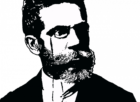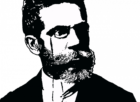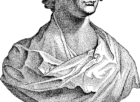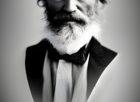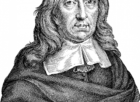Franz Kafka Books: A Deep Dive into the Works of a Literary Mastermind

Introduction:
Franz Kafka is widely regarded as one of the most influential writers of the 20th century. His unique style and exploration of existential themes have captivated readers for decades. In this article, we will delve into the world of Franz Kafka’s books, providing a comprehensive overview for those interested in this fascinating subject.
Franz Kafka’s Impact and Themes:
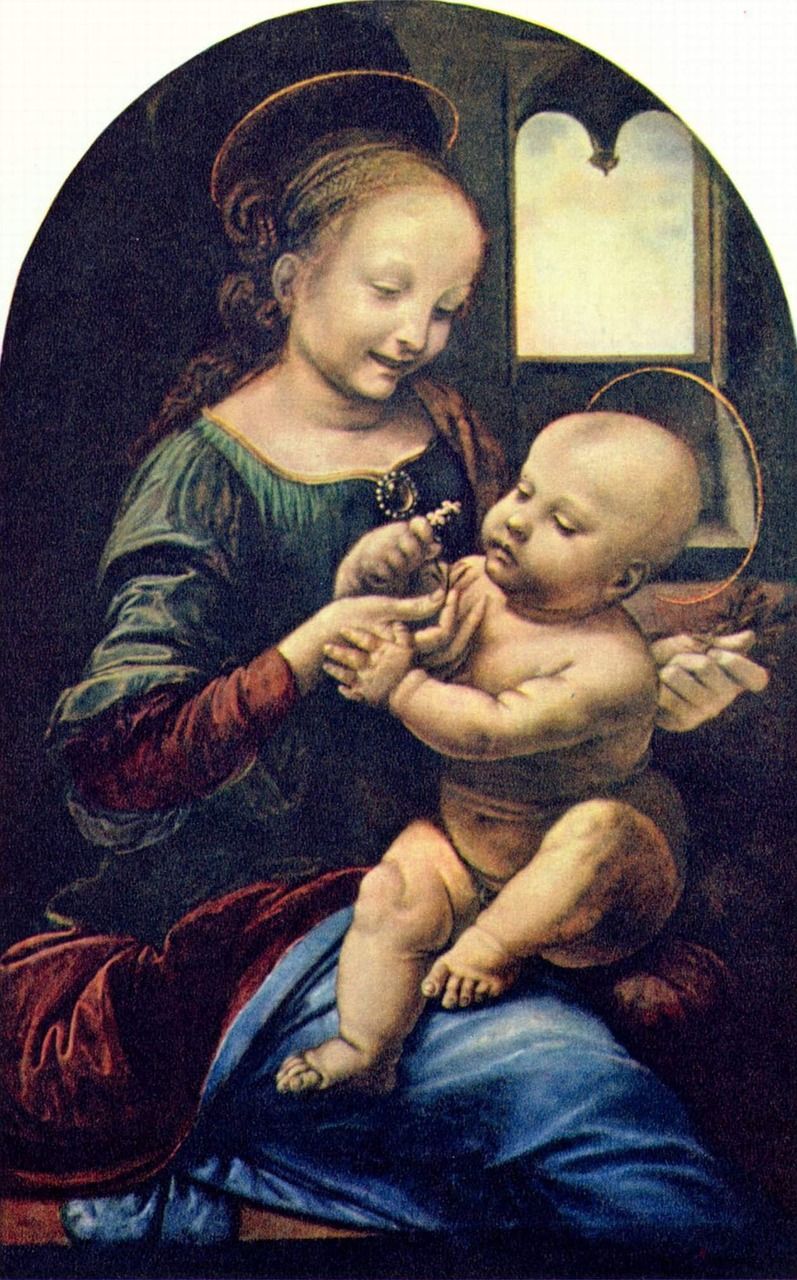
Franz Kafka’s books are renowned for their introspective and surreal nature. They delve into themes such as alienation, bureaucracy, and the existential plight of the individual. Kafka created a distinctive literary voice that continues to resonate with readers worldwide. His works often portray characters trapped in absurd situations, struggling to find meaning and connection in an indifferent world. Through his writing, Kafka invites us to question the nature of reality, identity, and the human condition.
Historical Evolution of Franz Kafka’s Books:
Franz Kafka’s literary journey can be traced through his various works, each showcasing his evolving style and thematic exploration. We will now take a closer look at some of his most notable books and how they contributed to his artistic progression.
1. “The Metamorphosis” (1915):
“The Metamorphosis” is perhaps Kafka’s most famous work. The story revolves around Gregor Samsa, a salesman who wakes up one morning transformed into a giant insect. This novella explores themes of isolation, self-identity, and the dehumanizing effects of societal expectations. It serves as a perfect introduction to Kafka’s unique writing style and his skillful portrayal of existential angst.
2. “The Trial” (1925):
“The Trial” takes readers into the absurd world of Joseph K., a man arrested and put on trial for an unknown crime. The novel delves deep into themes of guilt, alienation, and the complexities of the legal system. Kafka’s use of ambiguous narratives and symbolic imagery leaves readers questioning the nature of justice and the human condition.
3. “The Castle” (1926):
In “The Castle,” Kafka presents the story of a land surveyor named K who struggles to gain access to a mysterious castle and establish his identity within the bureaucracy that surrounds it. The novel explores themes of authority, powerlessness, and the futile search for social acceptance. Kafka’s haunting portrayal of a labyrinthine system resonates with readers, reflecting their own struggles against invisible barriers and societal norms.
4. “A Hunger Artist” (1922):
“A Hunger Artist” is a short story that centers around a performer who fasts for his art. This allegorical tale delves into themes of art, suffering, and the search for validation. It offers a poignant critique of the public’s fleeting interest in artistic endeavors and the sacrifices artists make in their pursuit of creative expression.
5. Unfinished Works:
Apart from his published books, Kafka also left behind several unfinished works, including “The Trial,” “Amerika,” and “The Castle.” These posthumously published manuscripts provide invaluable insights into Kafka’s creative process and further enrich our understanding of his literary genius.
Conclusion:
Franz Kafka’s books continue to be celebrated for their enigmatic narratives, captivating readers with their exploration of existential themes. From his most well-known works, such as “The Metamorphosis” and “The Trial,” to his lesser-known gems like “The Castle” and “A Hunger Artist,” Kafka’s literary contributions are a testament to his profound understanding of the human psyche. Through his works, Kafka invites us to contemplate the absurdities of existence, the complexities of identity, and the universal search for meaning. As we journey through Kafka’s literary landscape, we are reminded of the enduring power of his words and the impact they have had on generations of readers worldwide.
References:
1. Kafka, Franz. “The Metamorphosis.” 1915.
2. Kafka, Franz. “The Trial.” 1925.
3. Kafka, Franz. “The Castle.” 1926.
4. Kafka, Franz. “A Hunger Artist.” 1922.




